FIRST... Coal mining ban proposed by House of Lords
With a margin of 3 votes (197 for vs 194 against) in the House of Lords on 17th April 2023, Lord Teverson amended the Energy Bill to include a new clause on the 'prohibition of new coal mines' (a ban on the Coal Authority licencing any new coal mining in the UK). This wouldn't stop any coal mines already licenced, and would only apply 6 months after the bill had been passed - but it would cut off the pipeline of new coal mine applications. Just one Conservative Lord voted for this amendment - Lord Deben, Chairman of the UK's independent Committee on Climate Change.
Lord Teverson referred to the Whitehaven coal mine, approved in December 2022, when proposing the amendment, saying "If that happens once, it can happen again - that is why this amendment is so important," he said. He had previously believed a ban was not necessary because it was "totally and absolutely obvious" that building a new coal mine "would be a really stupid thing for a country to do".
THEN... Coal mining ban stripped out by UK Government
Back in the House of Commons, the UK Government Ministers stripped out the amendment banning new coal mines at the Committee-stage, before the revised Energy Bill could be debated and voted on in the House of Commons. MP Caroline Lucas said the Government's approach was "well and truly stuck in the last century...after endlessly repeating the importance of no new coal at COP26, its words have proved to be meaningless". Shadow energy secretary Ed Miliband had said Labour would back the ban.
Opposing the amendment, minister Lord Callanan said the government was committed to phasing out coal but argued that an outright ban could cause a "severe weakening of our security of supply".
NOW... Coal mining ban re-proposed by MPs Chris Skidmore & Wera Hobhouse
In the report stage, Conservative MP Chris Skidmore and Libdem MP Wera Hobhouse have attempted to re-introduce the coal mine ban by tabling similar wording as Lord Teverson's amendment to be put back into the Energy Bill (clause N2). MP Chris Skidmore also seeks to strengthen the UK Government's earler commitment to phase out coal being used to generate energy by tabling another clause (N3) - a prohibition of energy production from coal by 1 January 2025. This would change put the UK Government's policy commitment into legally-binding legislation, making it much harder for this or successive Governments to back-track on that commitment.
Amongst other important ammendments, the wording of the two amendments your MP needs to support are:
NC2 Tabled by: Chris Skidmore & Wera Hobhouse
To move the following Clause—“Prohibition of new coal mines
(1) Within six months of the day on which this Act is passed, the Secretary of State must by regulations prohibit the opening of new coal mines and the licensing of new coal mines by the Coal Authority or its successors.
(2) Regulations under this section are subject to the affirmative procedure.”
NC3 Tabled by: Chris Skidmore
To move the following Clause—“Prohibition of energy production from coal
(1) The Secretary of State must by regulations provide for the UK to cease energy production from coal from 1 January 2025.
(2) Regulations under this section may amend primary legislation (including this Act).”
The report stage for the Energy Bill is currently scheduled for Tue 5th September 2023, the day after the House of Commons returns from summer recess, at which point MPs will debate the various amendments tabled to the Energy Bill. The amendment will almost certainly be debated, however there’s no guarantee that it will be pushed to a vote – this depends on a range of different factors, including MPs’ priorities and whether the amendment is selected by the Speaker for a vote.
THE ASK: write to your MP, asking them to speak in favour of amendment NC2 and NC3 during the debate, and to vote for it, if it is "pushed to a division".
We are now able to reveal correspondence between Welsh Minister for Climate Change, MS Julie James, and then UK Government Minister Minister of State for Energy, Clean Growth
and Climate Change, MP Greg Hands. In a letter dated 07 January 2022, Minister Greg Hands states:
"I do agree that the Coal Authority’s statutory duty to promote an economically viable coal industry, as set out in the Coal Industry Act 1994, is at odds with our climate leadership ambitions and policies on coal so we are looking at measures to review that duty. I understand our officials have agreed to meet to share our thinking on a future licencing regime that reflects our different administrations net zero and climate change goals."
The amendment(s) proposed by MP Chris Skidmore (and Wera Hobhouse) would achieve what Greg Hands admits is necessary to meet the Government's climate commitments. So why did the UK Government remove Lord Teverson's amendment to achieve the same? What has the UK Goverment done to change the "future licencing regime"?
Welsh Labour Minister for Climate Change in the Welsh Government Julie James wrote to then Secretary of State Department of Business, Energy & industrial Strategy Kwasi Kwarteng in the UK Government on 26 October 2021, stating:
"...we consider the statutory duty of the Coal Authority to develop and maintain a viable coal extraction industry must be removed if we are to achieve our policy ambitions." adding "I seek to understand how the [Coal Industry] Act will be amended to reflect the need for the Coal Authority to consider climate policy in its decisions". Julie James is looking for reform rather than dissolving the Coal Authority, saying "....the Coal Authority has an important role to play in rapidly winding down remaining mining operations and delivering long-term environmental protection. In doing so, the Coal Authority has an important role in ensuring those communities affected by the legacy of coal mining receive a just transition."
Welsh Labour clearly indicate the need to reform the Coal Authority in a way that would stop new coal mine applications being licenced and support existing operations winding down, with a just transition for workers involved.
The need for law change: This year, Coal Action Network took the Coal Authority to the Cardiff Courts in a judicial review challenging the Coal Authority's insistence that it cannot consider matters such as climate change in determining whether to award a coal mining licence. The judge agreed with the Coal Authority, which confirms that legislative reform of the Coal Authority is needed to bring its licencing function in line with climate commitments - such as that proposed in amendment NC2 to the Energy Bill.
Time's running out: Since senior UK and Welsh Government Ministers admitted the need to cut off the pipeline of new coal mining applications, both the UK and the planet experienced its hottest ever days (2022 & 2023), June 2023 was the UK's hottest ever, and July 2023 was confirmed the hottest month worldwide since records began, and this year the world has been rocked by wild-fires, flooding, and storms. So the sense of urgency to ban coal mining and use has become even stronger.
Security of supply concerns: Alongside increasing this escalating urgency, TATA Port Talbot steelworks announcing it will imminently transition to recycling steel or else face closure, and British Steel reporting it will close its coke ovens. A credible home insulation plan would remove any energy security issues for keeping warm this - and future - winters, rather than spending more of my tax money propping up dirty coal power stations again. These are the only significant consumers of coal remaining in the UK so there is no energy security case to be made for continuing to mine coal in the UK.

We’re actively setting the record straight when fake news about coal is spread through public figures, social media, or the press. The rise of populist politics and politicians tend to drive statements that are don’t entirely match the evidence, but may win them some votes…

Explore the landscape via the images below, drag around the viewpoints and go full-screen for the immersive experience. This is what the 58,000 residents of Merthyr Tydfil face every day…and with a new plan by mining company, Merthyr (South Wales) Ltd, to evade its responsibility to restore…

This information seeks to clarify which tips are included in ERI Ltd’s proposal to mine and then flatten certain coal tips in Caerphilly. The tips selected appear to be on the basis of which would be most profitable to mine of the ‘waste coal’ they contain…
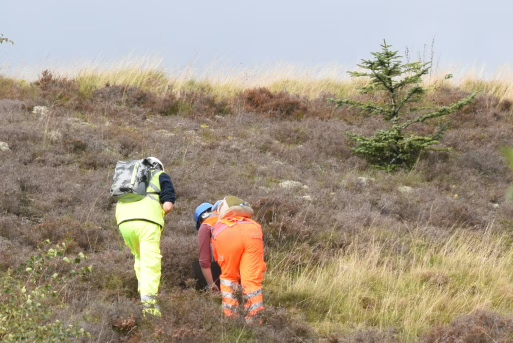
The Welsh Government’s Deputy First Minister, in his response to the CCEIC’s Stage 1 Report, admits the “Bill does not prevent the extraction or burning of coal” but adds “I cannot envisage a scenario in which the extraction and burning of coal will arise as a result of the Bill”…
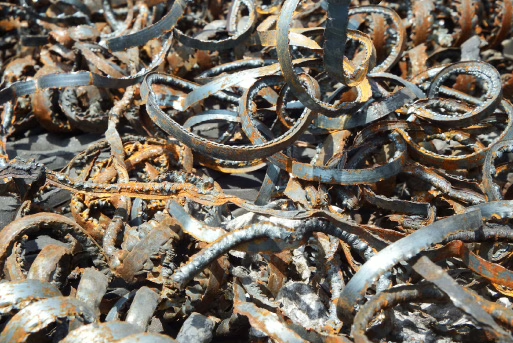
The direct use of coal as a feedstock (not just energy) is particularly significant in China, where coal is used extensively in coal to gasification plants to produce chemicals such as methanol, ammonia, and…

This nature was photographed around 50 metres from the edge of the Glan Lash opencast coal mine in Ammanford, South Wales. It shows the thriving ecosystems surrounding the Glan Lash opencast coal mine which has remained dormant since 2019…
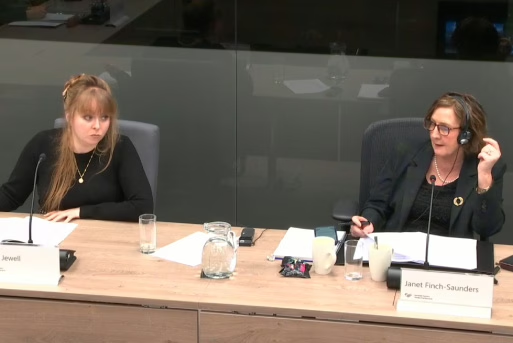
In February, CAN gave oral testimony to the Climate Change, Energy, and Infrastructure Committee (CCEIC) on the Disused Mine and Quarry Tips (Wales) Bill…
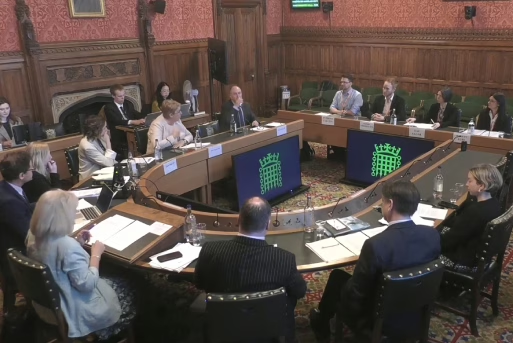
Coal Action Network was invited to attend Westminster where we gave evidence to the Welsh Affairs Committee in their inquiry about the environmental and economic legacy of Wales’ industrial past, alongside Friends of the Earth Cymru. This inquiry was opened in…
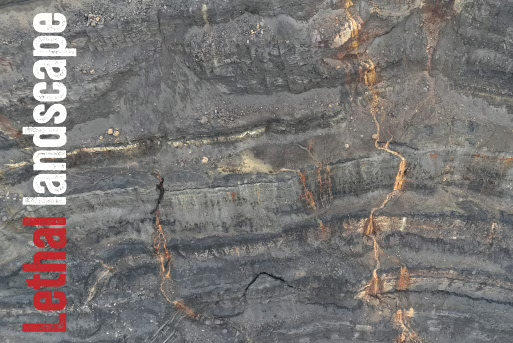
16 years of opencast coal mining in Ffos-y-fran has generated colossal overburden mounds, also known as slag heaps or coal tips. There are three coal tips, with the third being the largest, and cumulatively accounting for 37 million cubic metres of colliery spoil, rocks, and soil…
Thanks for really clear summary. Will contact my mp now.